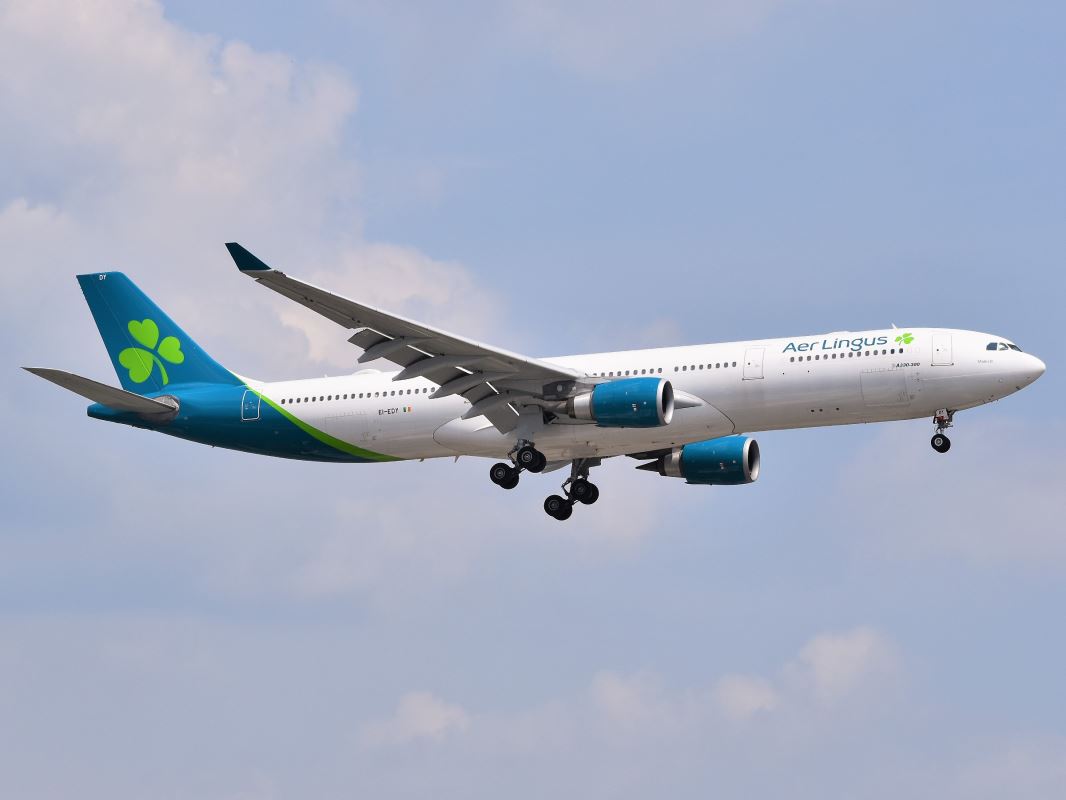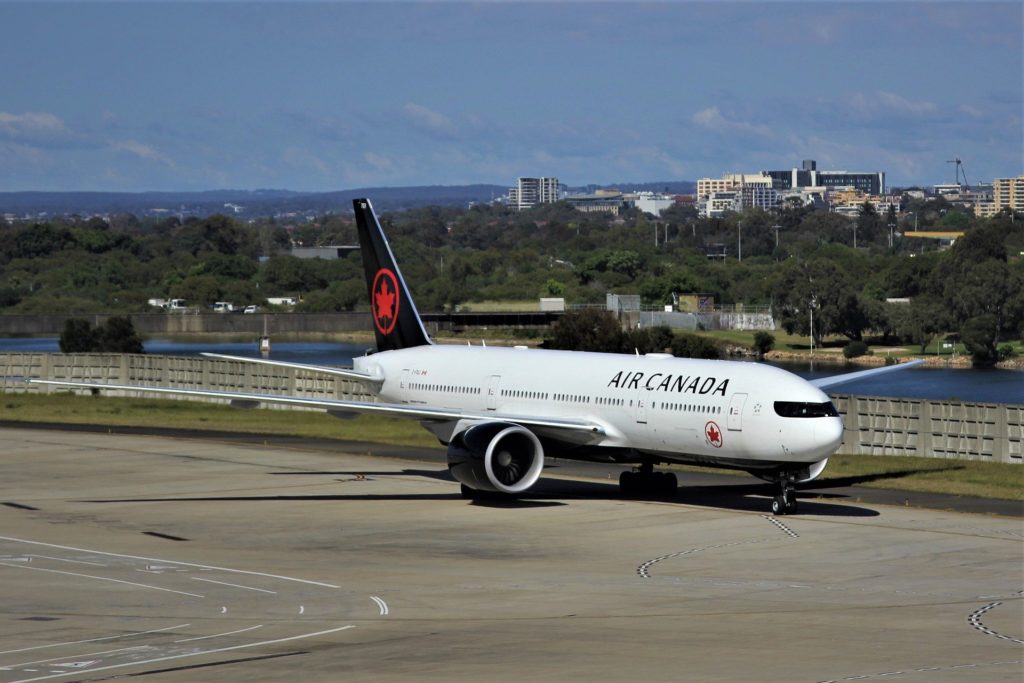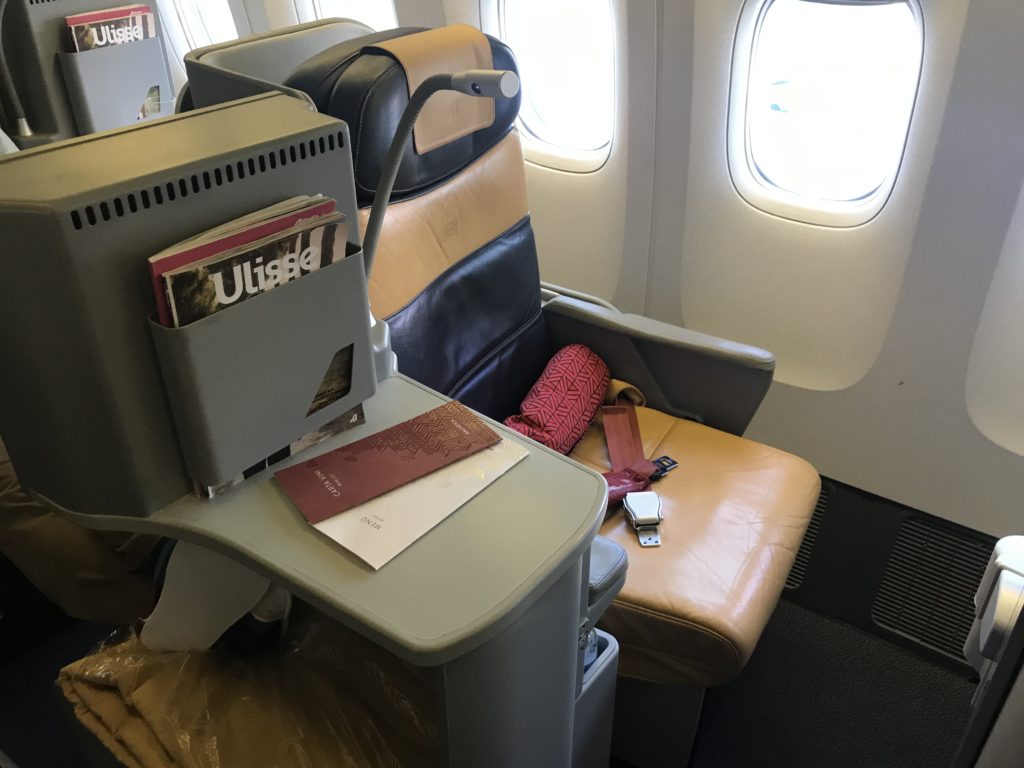I read an interesting piece by the PointsNerd yesterday that discusses the fallout from an Aeroplan promotion available around Black Friday 2019. As is typical with vague promotions, savvy award enthusiasts tried to take advantage of the terms (or lack thereof). By booking super cheap stays abroad, you could potentially score tens of thousands of Aeroplan miles for just a couple hundred dollars.
The post walks through both sides of the issue, how the loyalty program views their terms versus how consumers interpret what was offered. But Aeroplan’s reaction is what is most telling: the program unilaterally shut down accounts of folks who abused the promotion.
Is This A Knee-Jerk Reaction?
Was the reaction by Aeroplan warranted? Possibly. The segment of “loyal members” taking advantage of a opportunity like this aren’t exactly the sort that I would want in a loyalty program. These are the “gamers”. Aeroplan would be out a serious number of miles while recouping little cost. But if the company completely missed the mark on the terms and created a loophole, shouldn’t they still honor the promotion? I mean, the folks were just taking advantage of what was available.
What is “right” really depends on your point of view. On one hand, you have people who no longer have access to their accounts and are possibly out tens of thousands, or even hundreds of thousands of miles. If I was in this situation, I would be irate. But on the other hand, the company is within its rights, at least based on other program terms, to terminate the accounts of people who are abusing their system.
What it really comes down to is whether this is abuse. We likely won’t come to consensus on this. It’s a matter of letter of the law versus the spirit of the law. You can argue both sides.
But at the end of the day, and what I really want to discuss, is just how little there is to protect the consumer from decisions the loyalty program makes.
Loyalty Programs Hold All the Cards
At the end of the day, we don’t have much (if any) control over loyalty programs. We participate for our benefit, and the company offers them as a way to make more money. The original idea may have been to “give back” to loyal frequent fliers and hotel guests, but the programs have morphed into a profit centers. The goal is to drive loyalty that influences consumer behavior into choosing their product over another, thereby driving revenue.
In many cases, loyalty programs are very lucrative profit centers. So if there is a major threat to this profitability (i.e. gaming by a segment of members), wouldn’t the company shut it down?
If I was in charge, I certainly would. And the reality is that there is little consumers can do about it. At then end of the day, we participate in loyalty programs at the chain or airline’s sole discretion. If they want to throw us out of the program, they throw us out.
It makes complete sense that Aeroplan would want to get rid of anyone who is causing a major revenue bleed. In the case of this promotion, members could get 1,500 miles for a hotel night that costs just $10. You’re talking potentially millions of dollars in losses, depending on the number of people participating and number of nights booked.
So when it comes to participating in dubious promotions or taking advantage of unforeseen loopholes, consider your choice wisely. You may not want to poke the bear. Remember a common saying in this hobby: pigs get fat, hogs get slaughtered.
The Infamous AA Shutdowns
Another example is American Airlines’ recent actions. The airline has been shutting down accounts of people who (in their opinion) misused targeted mailers to accrue lots of AAdvantage miles. I know two people personally who have been shut down, and the situation is less than fun. Entire vacation plans could be ruined, or you could even be stranded mid-trip.
These are still ongoing. With the newest data points coming in, I’m a bit worried that I may be targeted for shutdown, even though I didn’t use a single mailer. In my case, I just happened to get four American Airlines co-branded cards over the span of about 18 months. How? It’s rather easy, actually, if you can get approved for the personal and business card with Barclays and then the same with Citibank.
The sad reality is, if American Airlines shut down my AAdvantage account, what would my recourse be? I’m not sure what I could do to reinstate my account or miles. There is the option of suing them, but would this really be worth the hassle for all of 45,000 miles?
Taking Promotion Loopholes With A Grain of Salt
The unforeseen consequences of promotions is something that has kept me from participating in the past. You may remember the Iberia Avios promotion where you could earn up to 90,000 Avios by booking 10 cheap tickets on Iberia (at 9,000 Avios per ticket). I decided not to participate, concluding that Iberia was likely going to change the terms retroactively. The joke would be on everyone when they had to fly the segments to earn the windfall of Avios.
But in this case, things panned. I do wonder how much hand-wringing there was at Iberia when they had to shell out 90,000 Avios to folks who had spent barely $300 on tickets. My skepticism kept me from participating, and while it didn’t pay off here, I’m still satisfied.
In the case of the Aeroplan promotion, I would not have touched that with a 10-foot-pole. As we’ve seen, companies can unilaterally decide what is gaming (American Express has even added terms to this extent to their credit card welcome offers), and deny you miles or points. Being able to “earn” 1,500 Aeroplan miles for an $8 hotel night is simply too good to be true. If the cap was one night, I would guess that the company would have taken it as a loss. But when people were booking 30-50 nights they didn’t intend to stay? That is definitely program abuse, in my opinion.
I did make a few activities bookings for IHG points last year, as the points were posting as elite qualifying, and you could earn 1,000 by booking a $5 audio tour. The points weren’t clawed back, but this was quickly shut down.
What About Error Fares?
Similar logic can be applied to error fares. You’re getting something for far less than the company intends, following the “letter of the law” rather than the spirit. Cathay Pacific would never sell first class tickets for $700 in their right mind. We have to know that.
I booked and flew my first error fare last year, and up until the day I boarded, I expected that Alitalia might spring a surprise on me. I had seats booked in the business class cabin, but the fare was clearly not at business class rates.
Getting downgraded to economy would have been rough (and based on the mileage accrual, the fare was certainly an economy fare). I’m not surprised that many airlines cancel out the reservations of folks who book error fares. What would hurt is airlines waiting weeks or months to do so, as by then you’ve made other plans.
Conclusion
At the end of the day, we need to remember that loyalty is a two-way street. I often head into the award travel world as someone trying to get something for nothing. In some cases, you really can do this. A new card offer with a $0 annul fee is very literally free points.
Yet we also need to weight the consequences of our decisions. Abusing promotions, loyalty program terms, or credit card offers is an easy path to shutdown of your accounts. Some people are willing to risk that for some serious rewards. I’m simply not. I like to think that I get more out of the programs than I put in, but I still do so while playing by the rules.
H/T: Points Nerd















